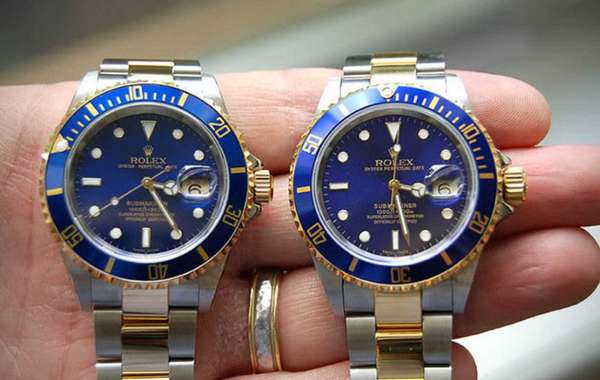Introduction
Replica Rolex watches have become increasingly popular among consumers due to their resemblance to the famous luxury brand without the high price tag. However, selling a replica Rolex can be a tricky issue as it raises ethical and legal concerns. In this article, we will discuss whether it is legal and ethical to sell a replica Rolex watch.
Legal Considerations
The sale of replica Rolex watches is a controversial topic as it involves the infringement of intellectual property rights. Rolex holds copyright and trademark rights over its brand, logo, and designs, which are protected under intellectual property laws. Selling a replica Rolex watch that infringes on these rights can lead to legal consequences, including fines and penalties.
In many countries, the sale of counterfeit goods is illegal and considered a criminal offense. This includes selling replica Rolex watches as they are designed to deceive consumers into believing they are purchasing a genuine product. Selling counterfeit goods also undermines the reputation and financial interests of the original brand, which can result in legal action.
It is important to note that ignorance of the law is not a valid defense when it comes to selling counterfeit goods. Even if you did not know the watch was a replica Rolex, you can still be held liable for trademark infringement and face legal consequences. Therefore, it is crucial to be aware of the laws and regulations surrounding the sale of replica watches before attempting to sell them.
Ethical Considerations
In addition to legal concerns, selling replica Rolex watches raises ethical issues related to honesty and integrity. Selling a replica watch as a genuine Rolex is deceptive and unethical as it misleads consumers into believing they are purchasing an authentic product. This can harm the trust and credibility of the seller and undermine the integrity of the marketplace.
Furthermore, selling replica watches undermines the hard work and craftsmanship of legitimate watchmakers who invest time and resources into creating high-quality timepieces. By selling replica watches, sellers are essentially profiting off the work of others without permission or consent, which is unethical and unfair to the original creators.
Selling replica watches also poses a risk to consumers who may unknowingly purchase a fake rolex bangkok watch thinking it is genuine. Replica watches are often of inferior quality and lack the precision and durability of authentic Rolex watches. This can lead to dissatisfaction and disappointment among customers who discover they have purchased a counterfeit product.
Alternatives to Selling Replica Rolex Watches
Instead of selling replica Rolex watches, there are ethical and legal ways to make money from luxury watches. One option is to sell pre-owned authentic Rolex watches through reputable dealers or online platforms that specialize in luxury timepieces. By selling genuine watches, sellers can ensure that they are adhering to legal and ethical standards while providing consumers with authentic products.
Another option is to engage in the resale market for luxury watches, where collectors and enthusiasts buy and sell pre-owned watches for investment or personal enjoyment. This can be a lucrative business for those who are knowledgeable about the watch market and can identify authentic timepieces. By participating in the resale market, sellers can generate income without resorting to selling counterfeit goods.
Conclusion
In conclusion, selling replica Rolex watches raises legal and ethical concerns that should be carefully considered before engaging in such activities. It is important to be aware of the laws and regulations surrounding the sale of counterfeit goods and to prioritize honesty and integrity in all business transactions. By exploring alternative options for selling luxury watches, sellers can uphold ethical standards and avoid legal pitfalls associated with counterfeit products.








